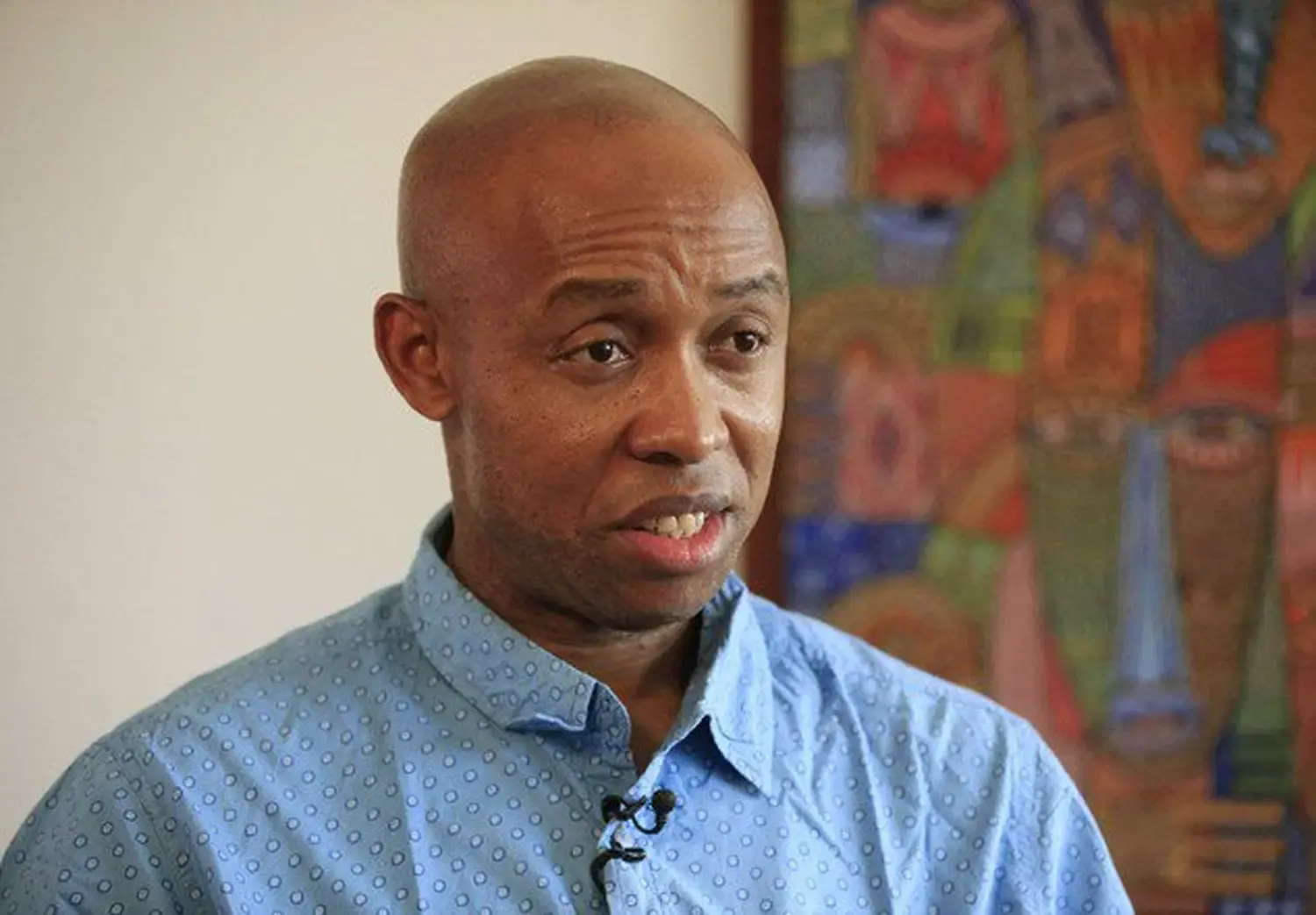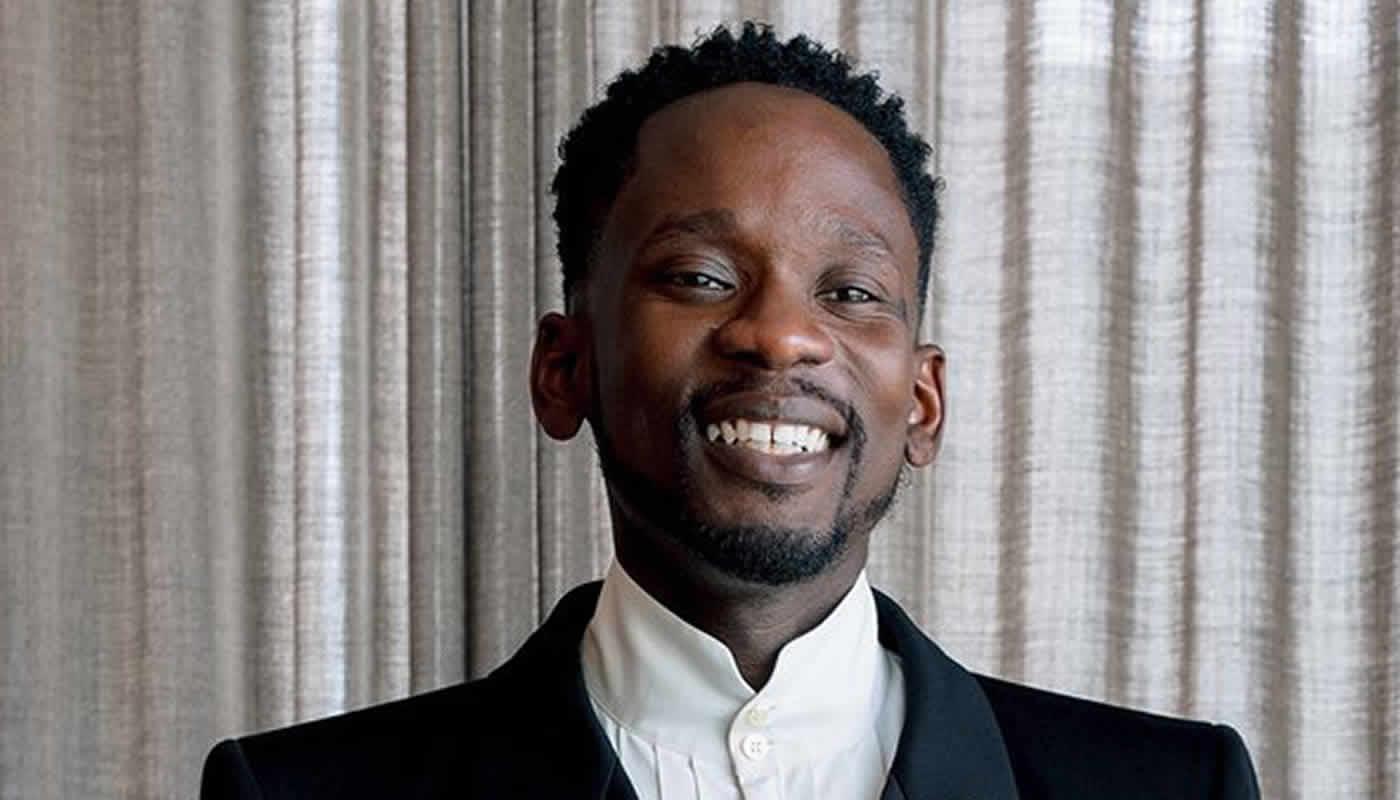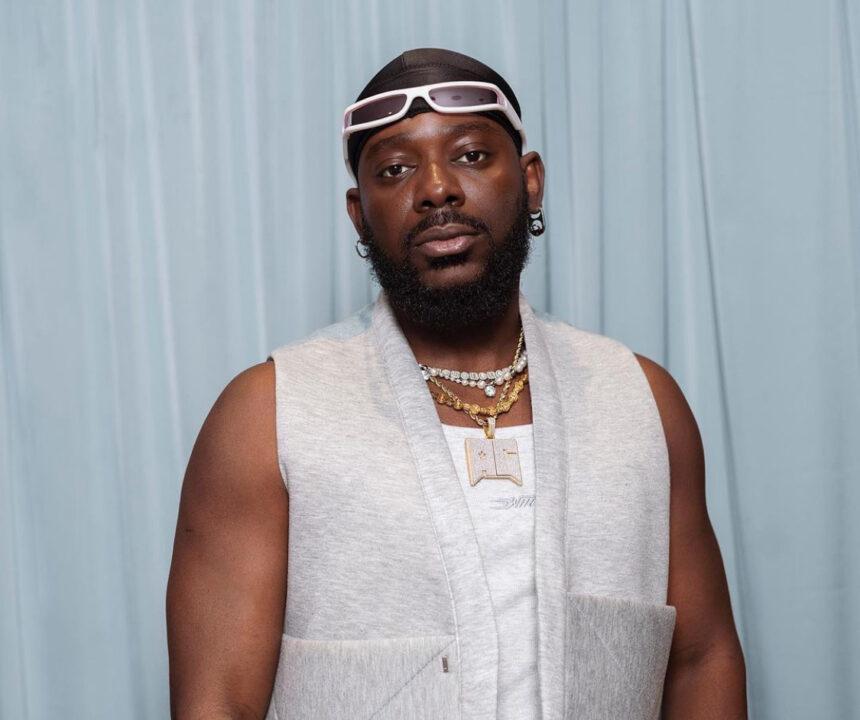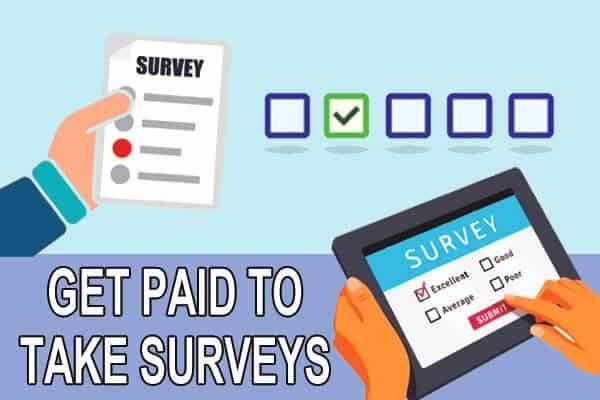Explore Our Bill Payment Services:

- Biography
- Nigeria
Seun Osewa: Biography, Net Worth, And Business Career
In Nigeria’s buzzing tech ecosystem, a few names are spoken with quiet reverence. Not because they are constantly on television or splashed across magazine covers, but because their work speaks louder than any publicity campaign ever could. One of those names is Seun Osewa, a man who turned a simple idea into one of Africa’s most visited online platforms — Nairaland.
While many digital entrepreneurs chase personal fame, Seun chose a different path. He built influence through value, connection, and consistency. Today, he is recognized as a silent digital force whose platform has shaped opinion, fueled countless debates, and connected millions of Nigerians at home and in the diaspora.
Early Life and Background
Born on July 17, 1982, in Ogun State, Seun grew up in a region known for producing intellectuals, innovators, and business leaders. From a young age, he displayed a curiosity for technology. While other kids were more drawn to outdoor play, Seun found himself fascinated by computers and how the internet worked.
Raised in a modest but intellectually grounded family, he was encouraged to learn, explore, and build rather than just consume. This early exposure to curiosity, plus an independent way of thinking, would later fuel his entrepreneurial success.
Education and the Quiet Developer Phase
Seun gained admission into Obafemi Awolowo University (OAU) to study a technology-related course. While many students pursued certificate-driven goals, Seun was more interested in practical technology — building things, tweaking code, and testing web ideas.
Even during university, he did not chase attention. Instead, he was a quiet builder, experimenting with several internet concepts before eventually finding the model that would work. His mindset was less about clout and more about impact — a rare trait in a world where many equate success with being seen.
The Birth of Nairaland: A Forum for Nigerians by a Nigerian
When Seun launched Nairaland in March 2005, his goal was simple: create a place where Nigerians could speak freely, exchange knowledge, and learn from one another. Many forums existed globally at the time, but none truly spoke the Nigerian language — culturally, structurally, and socially.
Nairaland quickly became a digital meeting point. Whether it was politics, entertainment, education, business tips, migration plans, or relationship talk, Nigerians finally had a platform that reflected their reality. It felt local, relatable, and most importantly, accessible even with low data speeds and basic phones.
As the community grew, Nairaland evolved into a digital marketplace of ideas. Job vacancies were shared there even before LinkedIn became mainstream in Nigeria. Entrepreneurs sold products, techies exchanged programming advice, students discussed scholarships, and aspiring migrants gathered information.
Turning Down a Million-Dollar Offer
A defining moment in Nairaland’s story came when an investor reportedly offered $1 million to buy the platform. At the time, this was an astonishing amount for a Nigerian-owned website. But Seun declined.
He believed that Nairaland was more than just a business asset — it was a community. Selling it could compromise its soul. While many saw it as a bold move, it also solidified his reputation as a founder driven by purpose rather than a quick payday.
Business Model: Quiet Monetization and Sustainable Strategy
Running a platform with millions of daily visits is not a small feat. Servers, bandwidth, and security all cost money. Instead of loading the site with overwhelming ads or selling user data, Seun took a more balanced route.
Nairaland’s revenue streams include:
-
Targeted advertisements
-
Banner placements for local businesses
-
Sponsored threads and promotions
-
Brand visibility partnerships
He chose sustainable monetization over aggressive commercial exploitation, allowing the platform to retain its authenticity. His business strategy leans heavily on low overhead costs, disciplined spending, and community loyalty.
Challenges on the Journey
Building an online empire in Nigeria is not without obstacles. Seun faced several challenges that could have shut down Nairaland if not managed carefully.
1. Technical and Infrastructure Barriers
Maintaining a stable online platform in a country with fluctuating power supply and inconsistent internet services is incredibly demanding. Yet, Nairaland has maintained uptime impressively for years.
2. Moderation and Content Control
With millions of users posting daily, moderation has always been complex. Balancing freedom of speech with responsible communication requires diligence and firm principles.
3. Competition from Social Media Giants
With platforms like Facebook, Twitter, and TikTok dominating user attention, staying relevant required Nairaland to adapt without losing its identity.
4. Political Sensitivity
Handling political topics in Nigeria is like walking on a tightrope. Every advertisement or political post can spark ethnic or ideological tensions. Seun has had to issue public apologies at times to maintain neutrality and protect the platform’s integrity.
Net Worth: What is Seun Osewa Really Worth?
Unlike flashy tech founders, Seun does not flaunt wealth. He lives a private, modest lifestyle. However, industry estimates suggest he is worth between $5 million and $8.7 million, primarily from Nairaland’s valuation, advertising revenue, domain assets, and intellectual property value.
But beyond monetary worth, Seun holds something far more valuable — digital influence. Platforms like Nairaland shape public opinion, drive national conversations, and even influence media reporting. With that level of influence, Seun is one of the most quietly powerful internet founders in Africa.
Leadership Style: Low-Profile, High Impact
In a world where many CEOs chase personal branding, Seun remains an enigma. He rarely grants interviews, doesn’t parade material wealth, and prefers to let the platform speak for him. His leadership philosophy can be summarized in three core principles:
-
Build consistently, not loudly
-
Let value attract recognition, not marketing
-
Protect community trust at all costs
This humility has made him a respectable figure in tech circles. Young Nigerian developers often cite him as proof that you don’t need to relocate abroad or raise millions in venture capital to build something impactful.
Legacy: More Than Just a Forum Founder
Today, Nairaland is more than a website — it is a cultural archive of Nigerian digital history. Millions of Nigerians have found opportunities, friendships, debates, and knowledge through the platform. It has been a digital mentor for many — especially for those who couldn’t afford mentorship, seminars, or access to high-level industry rooms.
Seun’s greatest legacy might not even be Nairaland itself but the mindset it inspired: “If you build something valuable for Nigerians, Nigerians will support it.”
Inspiring Lessons from Seun Osewa’s Journey
-
You don’t need to be loud to be powerful.
-
Start small, grow steadily, and let your work attract attention.
-
Community-driven businesses can be more sustainable than investor-driven ones.
-
Simplicity and consistency can outlast hype and trends.
-
Local relevance is a winning strategy — build for your people first.
Final Thoughts
Seun Osewa is living proof that vision, discipline, and community-focus can build an empire — even in a challenging environment like Nigeria. He reminds us that innovation is not always about apps, funding rounds, or Silicon Valley spotlights. Sometimes, it is simply about seeing a need and meeting it with integrity.
Nairaland continues to thrive, and its founder continues to inspire — quietly, steadily, and powerfully.









